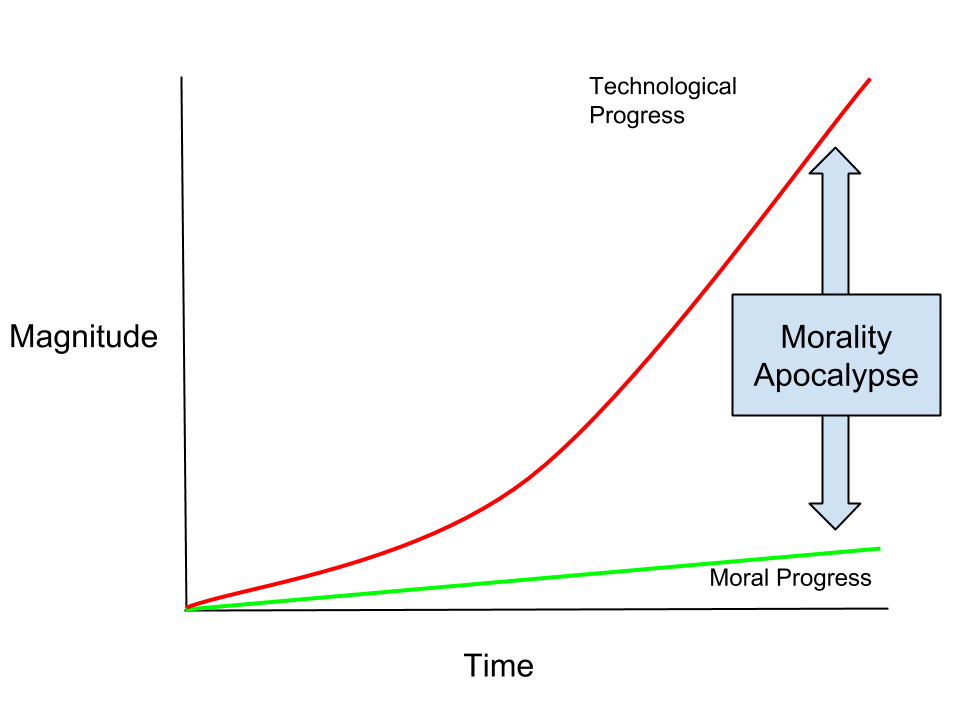To maximize profits, game designers often manipulate players. [1] [2]
This trend is especially apparent in “free to play games,” (aka freemium games) where the game designer only profits when players choose to pay, after engaging with the game. This contrasts with the more traditional case, where a player buys a game first — that is, when the player must pay to play.
The difference between these two models is important. In the pay-to-play-model, a game designer’s incentives are mostly aligned with the player’s incentives. That is, a player wants to buy a fun game; and a designer benefits from making the game increasingly fun. However, in the freemium model, the game designer’s incentives are perverse: A freemium game is most profitable when it addicts and manipulates its players into continual payment; in contrast, the player’s incentives are likely some combination of minimizing payment and maximizing fun.
While we would like to believe all companies behave ethically, because freemium games offer potential for corporate profit, and such profit is maximized by manipulation and addiction, games like “Candy Crush Saga” are the end result. Games like CCS are explicitly optimized to addict, manipulate, and extract payment from players — all the while trying to hide such deception from the player. Of course, if you ask King.com (developer of CCS), they will claim that they optimize their games on the basis of “fun,” and not “profit.”
In other words, when incentives systems for companies clash with those of consumers, often the result is the rise of legal yet unethical corporate behavior, coupled with “corporate doublespeak,” where the guilty corporations invent feasible explanations that obfuscate their true motivation.
One can interpret the increasingly devious mechanisms that enable freemium games to extract money from players as a cautionary tale about unfettered capitalism: Special attention and intervention is often needed wherever incentives for companies and consumers conflict. Consumers might be well-served by mandatory warnings on freemium games to indicate possible manipulation, or by public service announcements helping consumers understand the mechanisms by which games manipulate.
As human beings, we understand that even if a particular action is legal and profitable, it may still be unethical. Yet, the market speaks largely to profit, with a certain indifference to ethics. Capitalism as a whole is an ingenious and often well-behaved system; but without oversight where corporations’ and consumers’ well-being conflict, unfettered capitalism can slide into exploitation, where humans are treated as ATMs instead of autonomous beings seeking to flourish and be happy.


